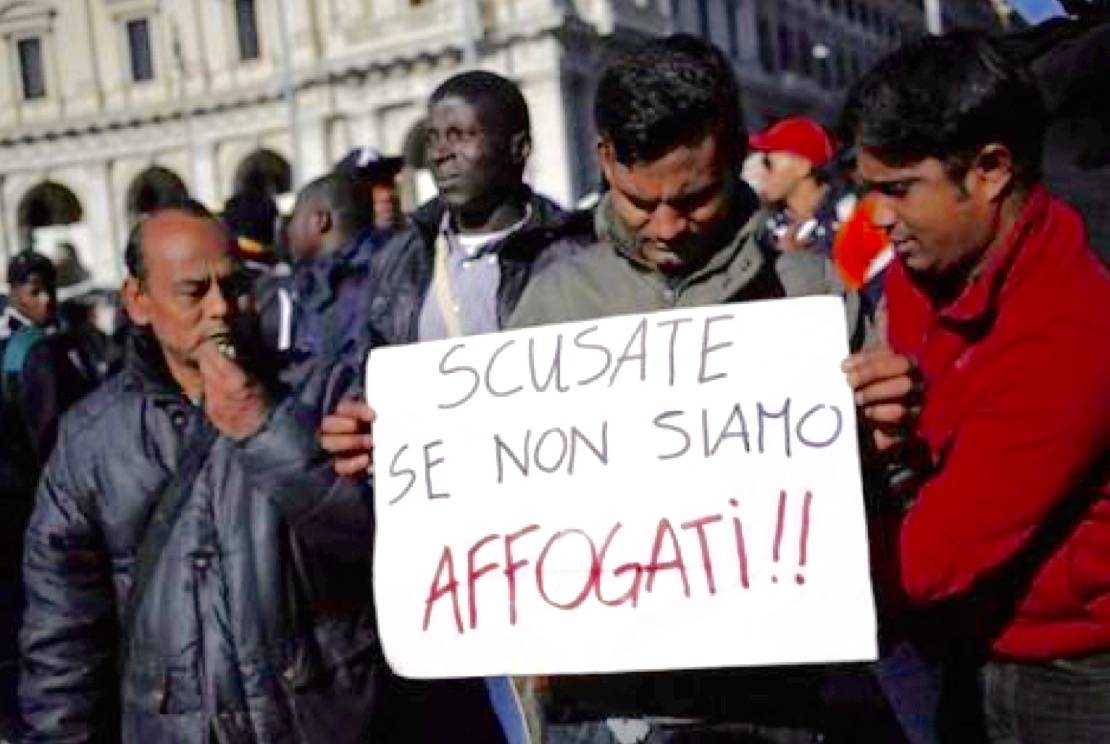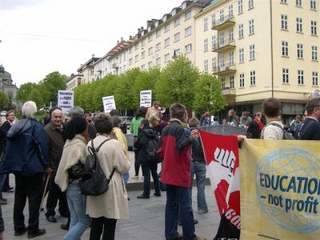Annual Censis Report Shows a Weary Italy
ROME -- As usual for the past half century, it arrives shortly before Christmas, but this December's annual Censis Report on whither the Italian society and economy is not exactly what Santa ordered. Censis -- Centro Studi Investimenti Sociali, or Studies Center for Social Investments -- is the foundation created by Italy's eminent sociologist Giuseppe De Rita, 86. In this, its 52d edition, Censis socio-economic studies show an Italy that suffers from fear of the future and, as the Italian press has headlined, is even nasty-minded -- a country in which education is neglected, the North-South divide worsens, and young people lack work.
The report launches the term "psychic sovereignism," meaning a generalized and sorrowful sense of the loss of national sovereignty, accompanied by an upsurge of fear of "the other," beginning with immigrants. "The report portrays a country in decline, in search of the security it fails to find, ever more divided between the South, whose young people people leave, and a Center-North weary from trying to have kept the promises made about work, stability, growth and, above all, the future." This deep-rooted psychological fear is shared by 63% of those queried, and most severe among the unemployed and the elderly.
One might dismiss this as anti-government propaganda, but journalist Rosaria Amato, author of the above quote from La Repubblica Dec. 6, is a reputable constitutionalist, whose books include "Leggere la costituzione" (Read the Constitution) and "Stare alle Regole, Diritto ed economia" (Play by the Rules: The Law and the Economy). The same synthesis is widely published elsewhere, including in the Catholic daily Avvenire.
De Rita, born in 1932, initially worked for Svimez, the postwar agency that promoted development of the South. In 1964, together with colleagues Gino Martinoli of Olivetti and Pietro Longo, he founded the Centro studi investimenti sociali (Social Investments Study Center). Censis, now a foundation, was the next step. The idea of a serious sociological-economic study of Italy was first hypothesized by U.S. academicians, who then backed away from it on grounds that Italy was too fragmented and hence too complex. "Maybe they were right," De Rita acknowledges today, "but the fact remains that Italy is less hard to decipher than one might think.... People say that the Italians are made of quicksand -- an ensemble of individuals who find it hard to express themselves in a community." In the past, this sense of community was fostered by the leadership class, "which today is gone without a trace" (interview De Rita, Avvenire, Dec. 6).
"We are seeing the opposite of the Italian miracle, the dream transformed into a nightmare," said Censis director-general Massimiliano Valerii. The 14 months of growth in the economy last year raised hopes, but "under our very eyes the recent negative slump in the GDP was disappointing." Fear of immigrants was another economic theme: 58% say they believe that migrants take away jobs from Italians. All told, some 63% of the Italians take a negative view of non-EU migrants, and 75% believe that migrants increase the crime rate.
Youth appear a gigantic problem. Between 2007 and 2017 employment for those from 25 to 34 years of age fell by 27.3%. Fewer than 27% of Italians between 30 and 34 hold university degrees as compared with the EU median of almost 40%. The number of those quitting university between the ages of 18 and 24 (18%) is twice that in the rest of Europe. Only Ireland, Romania and Bulgaria spend less than Italy on education; Italy devotes just 3.9% of its GDP to schooling as compared with the European median of 4.7%.
Referring to this December's report, President Sergio Mattarella declared that, "In society there can be no 'discards,' but only citizens of identical rank and equal social importance. A diverse view would put into discussion the very foundations of the Republic." The world can be improved, we can remain united in our community, and we can honor the word "equality" in our constitution, he said. To do so, we must definitively "set aside physical and verbal violence, hatred, intolerance and discrimination."






































i-Italy
Facebook
Google+
This work may not be reproduced, in whole or in part, without prior written permission.
Questo lavoro non può essere riprodotto, in tutto o in parte, senza permesso scritto.